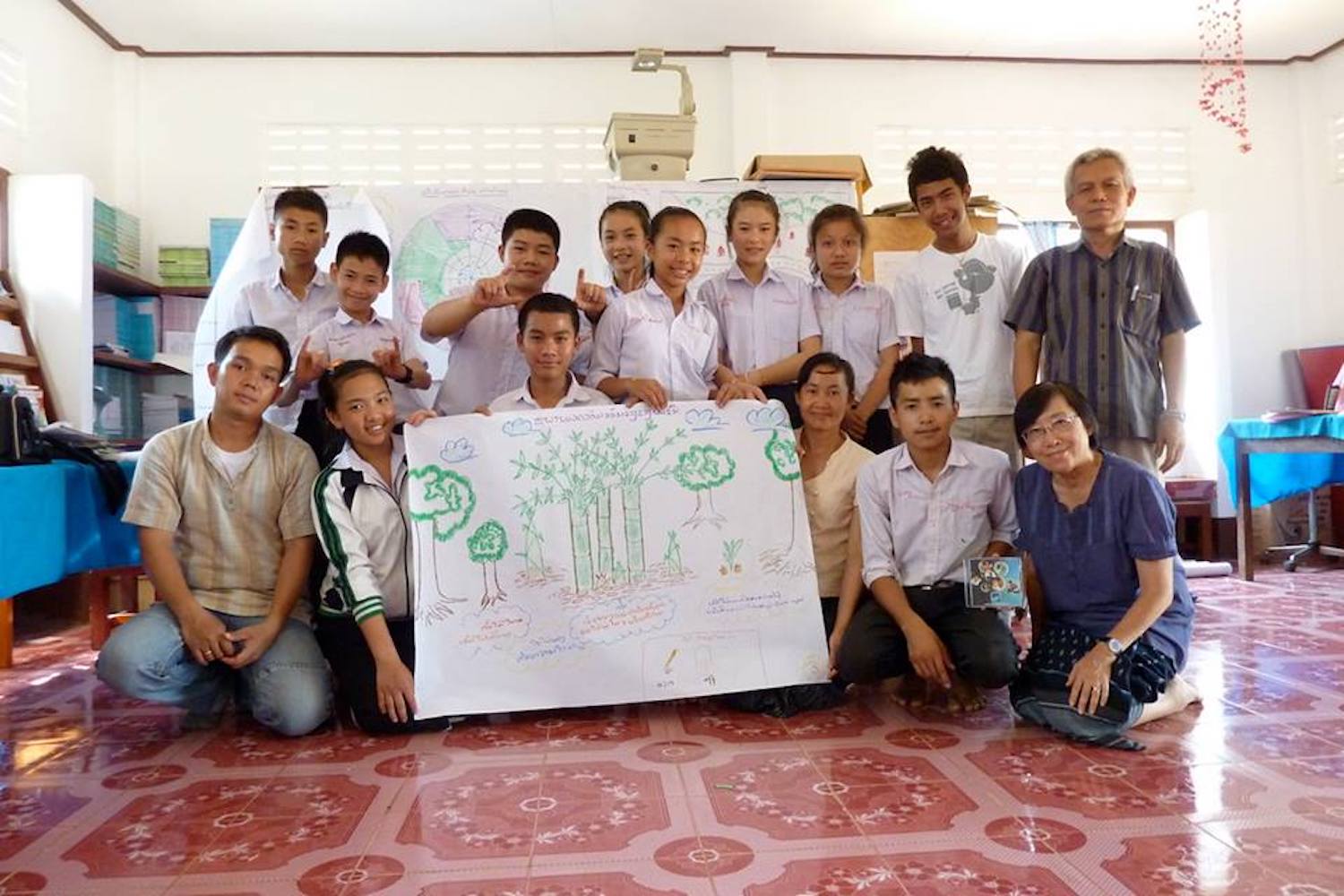 Regrettably, an opportunity to advance human rights in Laos has instead resulted in yet another aid project.
Regrettably, an opportunity to advance human rights in Laos has instead resulted in yet another aid project.
Indications leading up to the latest Lao-Australia Human Dialogue were encouraging. In the 2015 Universal Periodic Review, Australia filed four recommendations to Laos on the death penalty, the enforced disappearance of Sombath Somphone, internet restrictions, and constraints on civil society in Laos. Following the HR dialogue in Canberra that same year, Richard Andrews, the First Assistant Secretary of the Department of Foreign Affairs and Trade (DFAT) promised continued pressure on these same issues.
More recently, consultations were held with various groups in Vientiane, including INGOs and NPAs. Detailed submissions were made by Human Rights Watch, ASEAN Parliamentarians for Human Rights, and others. The Australian Embassy in Laos also encouraged others to submit additional inputs.
The government delegation from Australia included high-level officials, two of whom met with Ng Shui Meng, spouse of Sombath Somphone, who requested they ask for further information about Sombath’s whereabouts and the investigation into his disappearance, which the Lao government claims is continuing, even though it has given no updates in over four years. Continue reading “Lao-Australia HR Dialogue: ’Development’ eclipses Human Rights”










 Australia continues to raise concern with Laos about the disappearance of Mr Sombath Somphone, and the case continues to figure prominently in bilateral discussions with Laos.
Australia continues to raise concern with Laos about the disappearance of Mr Sombath Somphone, and the case continues to figure prominently in bilateral discussions with Laos.
 The European Union (EU) must demand the Lao government release all political prisoners and make real progress towards solving all cases of enforced disappearances, FIDH and its member organization Lao Movement for Human Rights (LMHR) said today.
The European Union (EU) must demand the Lao government release all political prisoners and make real progress towards solving all cases of enforced disappearances, FIDH and its member organization Lao Movement for Human Rights (LMHR) said today.